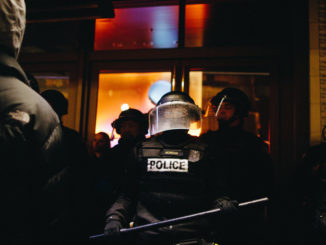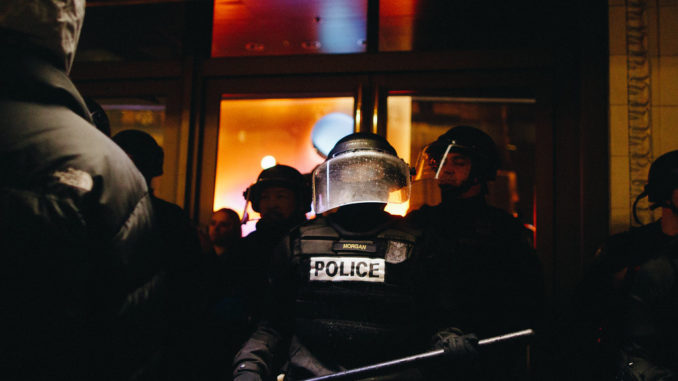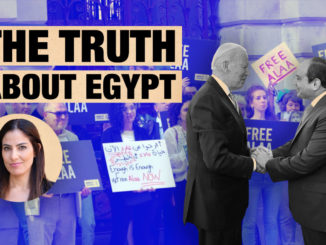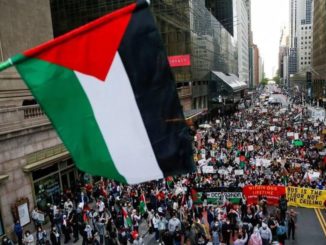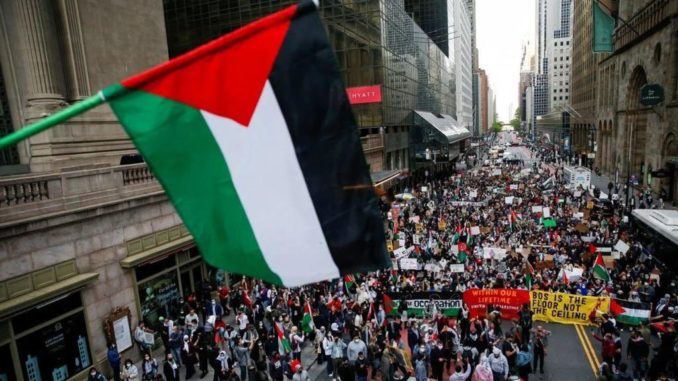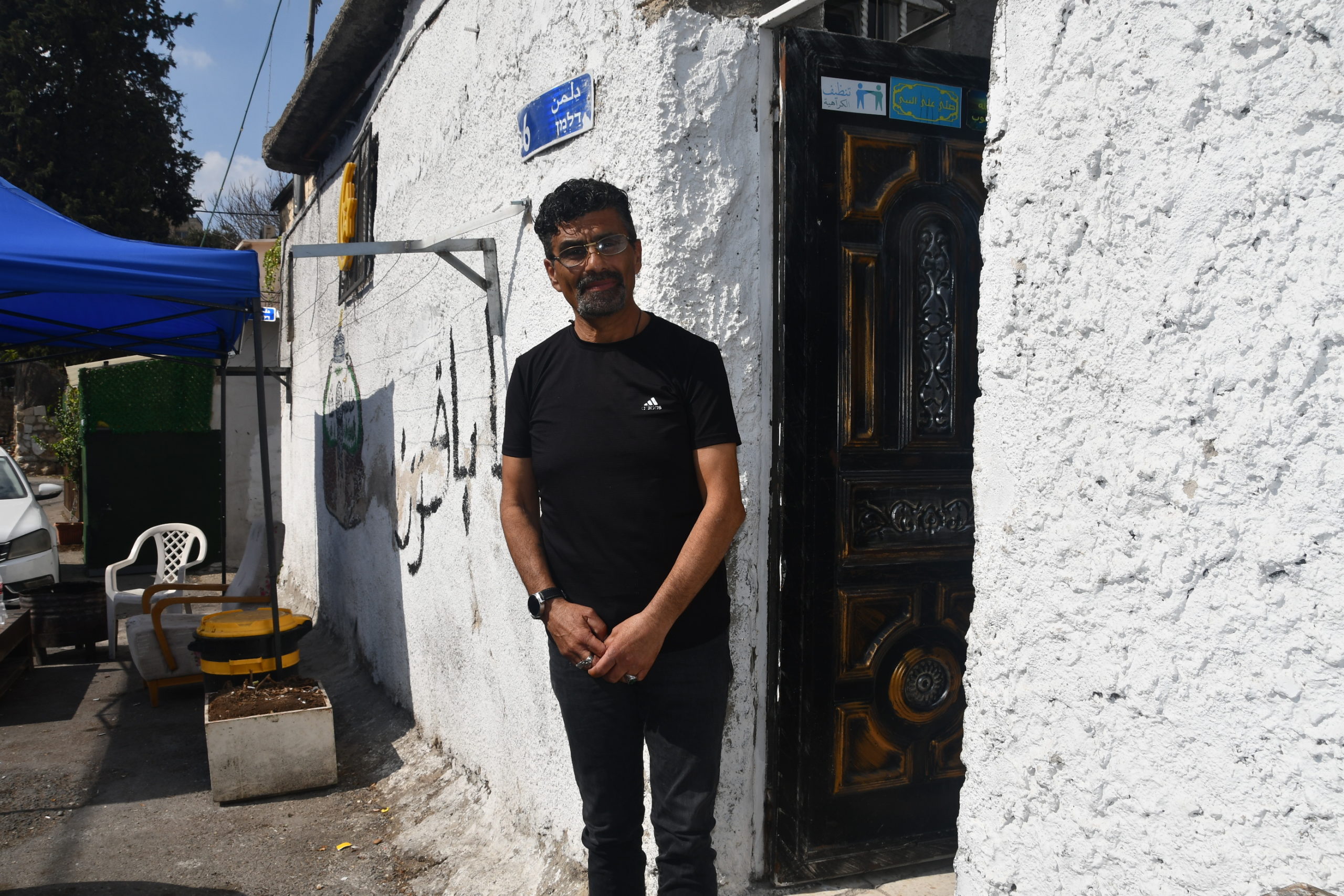
Correction: The Jerusalem mayor’s first name was incorrect in an earlier version. The Israel Land Fund replied to the reporter’s inquiry a week after publication to confirm King is no longer involved with the organization in an official capacity.
EAST JERUSALEM, Palestine—Once a mainstream headline, the protests at Sheikh Jarrah are now considered old news. But the threat of displacement still looms over the East Jerusalem neighborhood as new settler building projects could demolish existing homes and leave residents homeless within months.
Under the guise of urban renewal, the Israel Land Fund (ILF), a settler organization Jerusalem Deputy Mayor Arieh King leads, has initiated three building projects for Sheikh Jarrah. They are intended to double the number of settlers.
Construction is set to begin as early as next year and includes approximately 20 housing units plus an office building. If implemented, the housing-unit plans call for razing current residential buildings and evicting six Palestinian families in the Um Haroun section of Sheikh Jarrah. The six-story office building is designated for an empty plot at Sheikh Jarrah’s entrance. ILF did not respond to requests for comment.
The building plans were frozen for years until 2017, when U.S. President Donald Trump’s administration declared Jerusalem as Israel’s capital and moved the U.S. embassy to the city. By 2019, all three projects received final approval from the Jerusalem District Planning Committee.
Building permits haven’t been issued yet, but actions recently have been taken to obtain the permits at Jerusalem’s planning and licensing department. Building permit requests can be processed within weeks or months.
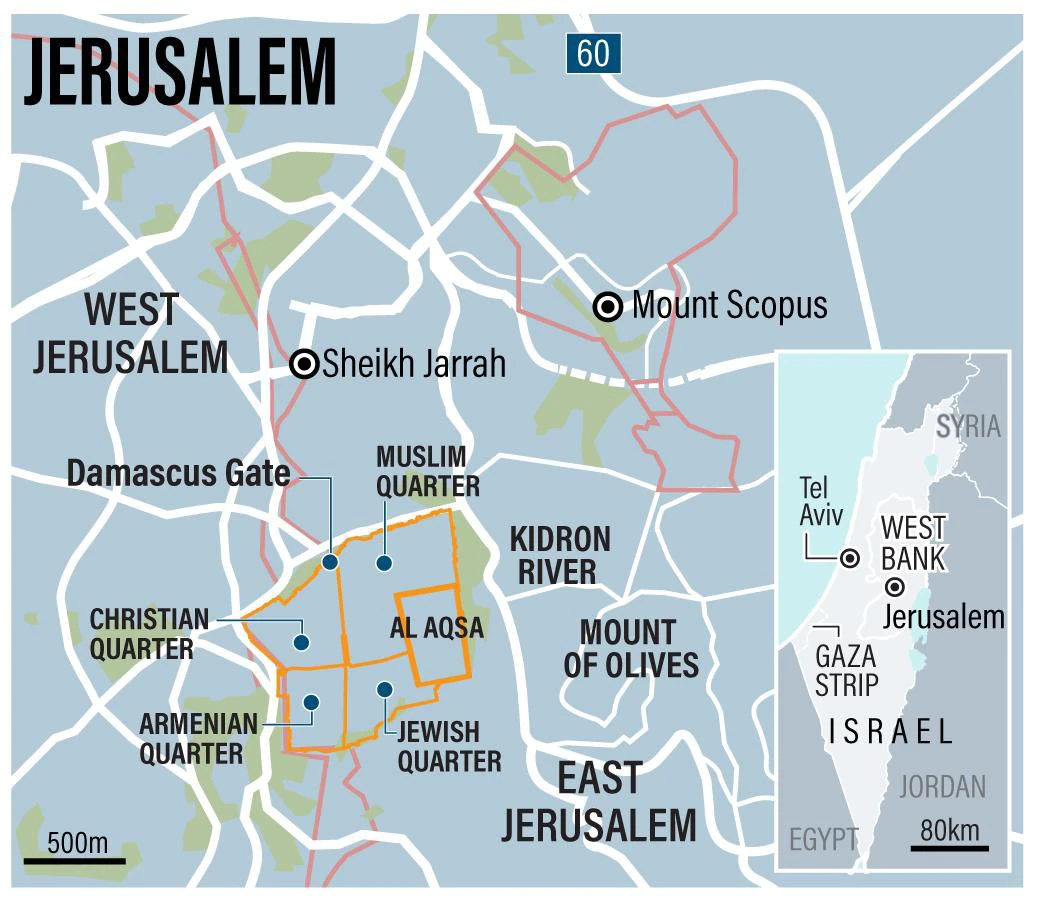
Settlers and the State Working Hand in Hand
Um Haroun is home to 40 Palestinian families. Settler groups, collaborating for years with the Israeli government, have put them at risk of forced expulsion.
“Arieh King is using his power as deputy mayor to bypass this settler plan,” Palestinian resident Mahmoud Al-Hajj told Toward Freedom.
Like the rest of the families in Um Haroun, he’s descended from Palestinians driven from their homes in West Jerusalem and throughout Palestine as the state of Israel was being established in 1948. Al-Hajj’s family originally came from what is now the Old City of Jerusalem’s Jewish Quarter. The Jordanian government gave these homes in Um Haroun to the Palestinian refugees. But today, Israel’s Absentees’ Property Law allows Jews to reclaim these buildings. The legislation permits Jews to return to family properties lost during the violence of 1948, but it doesn’t apply the same standard to Palestinians who were displaced.
According to Al-Hajj, prior to 1948, the properties in Um Haroun were owned by three Palestinian families and rented out to Jews. In that regard, Al-Hajj claims, settler organizations like the ILF are now seeking out the descendants of previous Jewish tenants and urging them to retake these properties.
Additionally, under a 2018 government decision, Israeli authorities recently completed registering land rights to alleged Jewish owners without Palestinian residents’ knowledge. The registration prerequisite in obtaining building permits—The areas in question in Um Haroun are now registered as being owned by Israeli company, Beit Urim, and U.S.-based company, Debraly. Chaim Silberstein, founder and chairman of settler organization, Keep Jerusalem, is listed as Debraly’s representative in the building permit request’s file.
Silberstein has been active in attempts to steal land from Palestinians in Sheikh Jarrah, including trying to seize a yard belonging to the Salem family in Um Haroun. According to Al-Hajj, Silberstein tried in 2005 to use the Absentees’ Property Law to evict Al-Hajj from his home. However, the court ruled against Silberstein, citing Al-Hajj’s family’s status as protected tenants. Under Israeli law, they are allowed to remain in the home for three generations. Al-Hajj, now 55, is a third-generation tenant. Silberstein did not respond to press inquiries.
Yet, as Aviv Tatarsky, researcher with Israeli nonprofit Ir Amim, explained, the Al-Hajj family’s protected tenancy can become null if building owners wish to implement urban renewal projects. That is what settler plans in Um Haroun are considered.
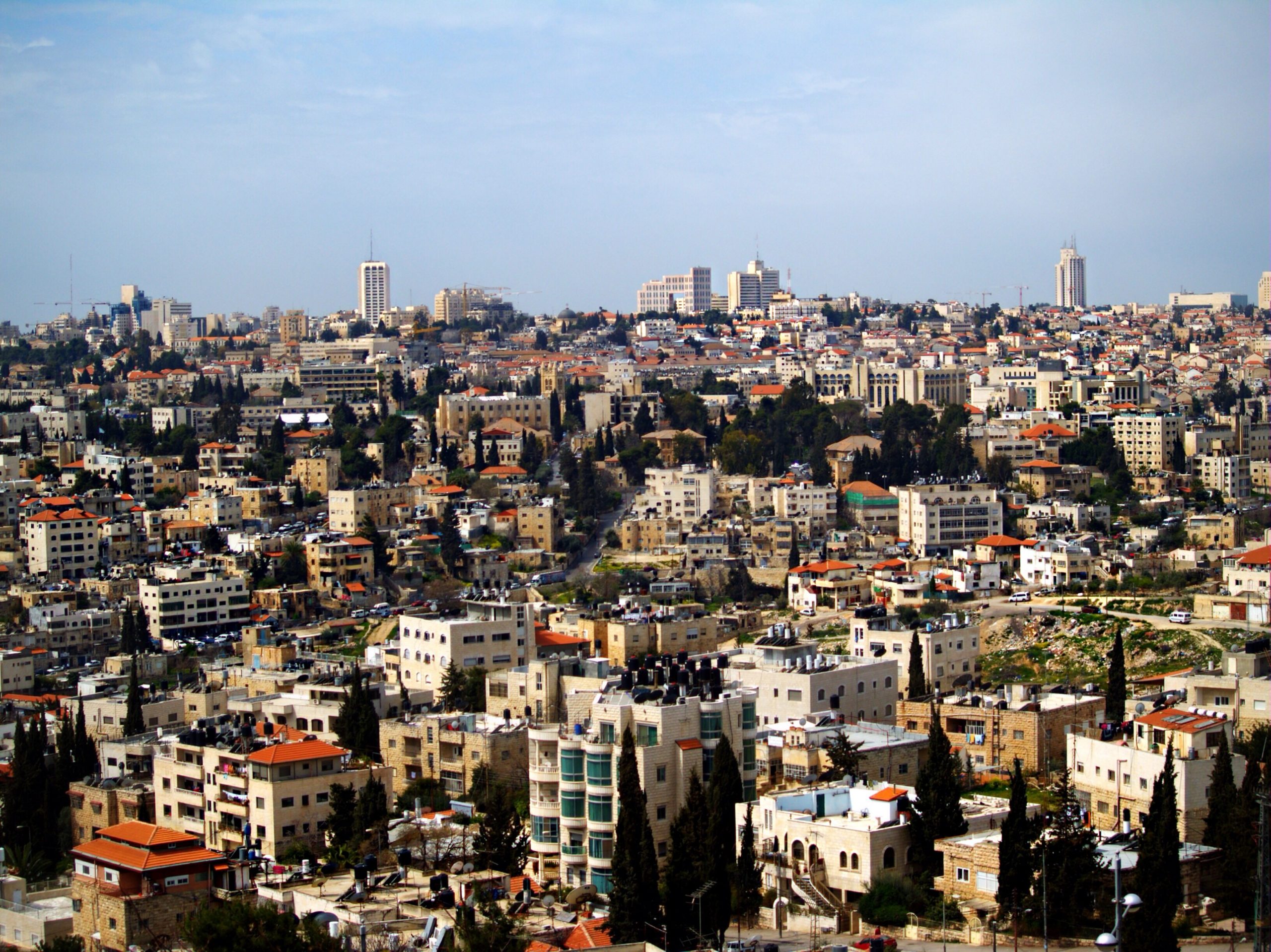
‘There’s No Protection for Us’
The threat of eviction and home demolitions aren’t the only problems plaguing Sheikh Jarrah. Last month, Israeli parliament member and potentially the next public security minister, Itamar Ben-Gvir, brandished a gun when Palestinians with rocks confronted him and a group of stone-throwing settlers.
“[Israel] practices all types of pressure to bypass this plan through sending court orders, through not allowing us to renovate our houses,” Al-Hajj said. “But the second part of the pressure is arresting our children.”
More than 20 Palestinians were injured in October’s settler assault, including Muhammad Zahran, who suffered head injuries. While two Israelis were arrested for the alleged attack against Zahran, 15 Palestinians were arrested for the October clashes, according to Al-Hajj. Israeli police did not verify the number of people arrested, but they said all who were detained were Israelis holding Israeli IDs. However, reports indicate both Palestinians and Jews were arrested, as seen here and here.
“There’s no protection for us, neither from courts or police,” Al-Hajj said.
As former Prime Minister Benjamin Netanyahu is expected to return to power and form Israel’s most right-wing coalition in its history, Al-Hajj sees no difference between the politicians leading now and in the past.
“It doesn’t matter if it was an extreme right-wing government or not. We look at it as it’s going to be the same policies against Palestinians, and especially Sheikh Jarrah,” Al-Hajj said. “What else would we have other than being expelled from our houses?”
Jessica Buxbaum is a Jerusalem-based freelance journalist reporting on Palestine and the Israeli occupation. You can follow her on Twitter at @jess_buxbaum.

